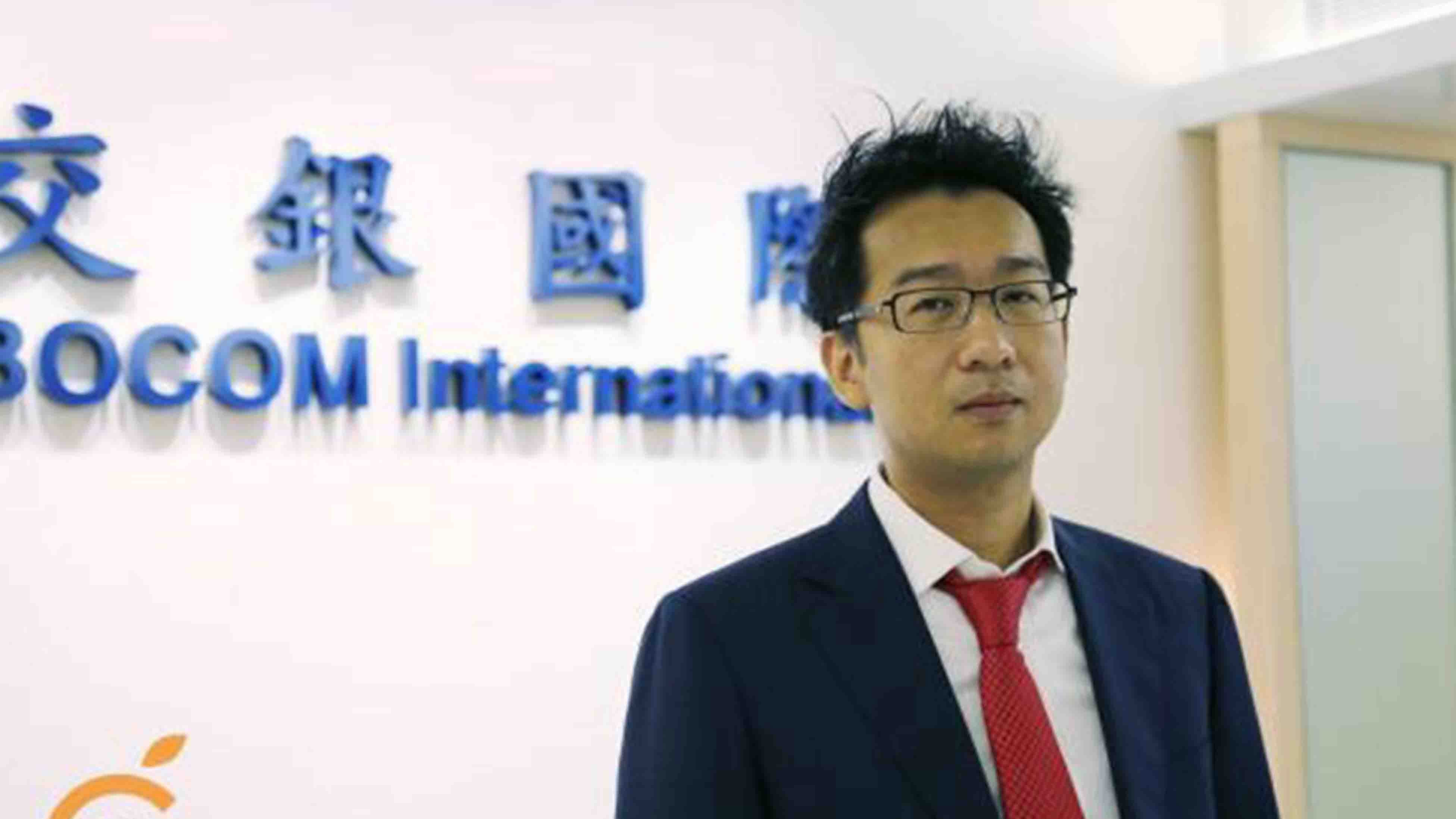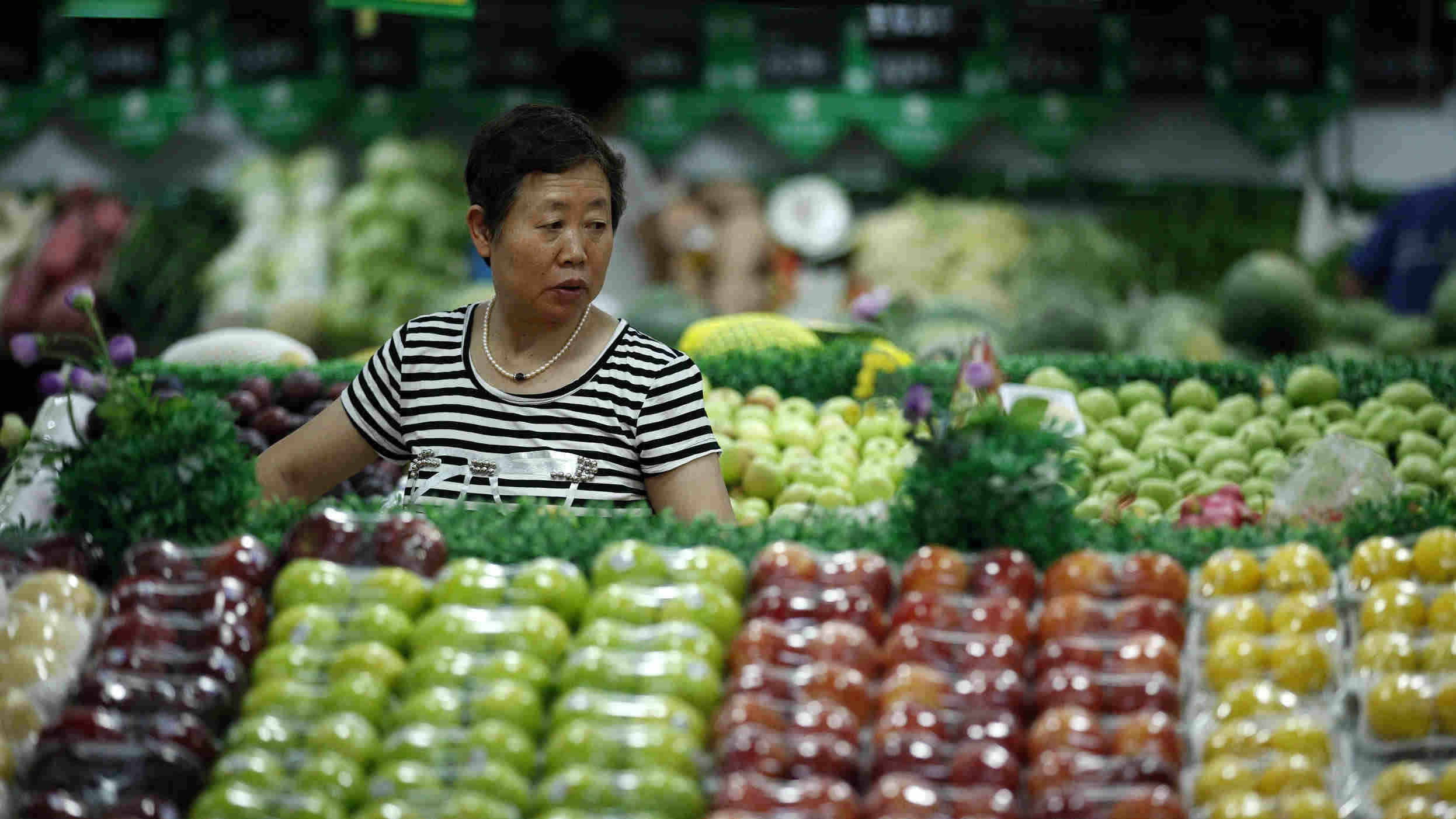
Business
23:15, 17-Nov-2017
Expert: Real deleveraging still to be started in China
By Gao Songya

Deleveraging has achieved noticeable results as a priority area for the Chinese economy in the past year, an adviser to the People's Bank of China said on Friday.
Sheng Songcheng delivered that upbeat assessment during the 8th annual Caixin Summit in Beijing.
However, Hong Hao, chief strategist at BOCOM International said that as the debt and GDP ratio remained almost flat year-on-year, the deleveraging efforts to cut corporate debt levels are still to be fleshed out.
“Though the credit growth has become slower, we still see low double digit growth, so it’s difficult to draw a conclusion that deleveraging has mostly finished,” Hong said.
He noted that China will still be facing relatively high debt liability next year, so the deleveraging measures can run into even more difficulties, especially as the country’s economic growth has shown moderation in recent months.
Industrial value-added output expanded 6.2 percent year-on-year in October, slowed by 0.4 percent from that of September. Retail sales of consumer goods grew 10 percent, also down from September’s 10.3 percent, according to recent data from the National Bureau of Statistics.

One finance specialist said the overall environment for the Chinese economy could get tougher. /HVCG Photo
One finance specialist said the overall environment for the Chinese economy could get tougher. /HVCG Photo
But the easing growth speed is not worrying foreign investors, and many of them seem to be ever more confident in China's economy going forward.
Hong said that the progress made in curbing speculation in real estate and supply side reforms are behind that increasing confidence.
“This year, property sales are slowing down, prices are stabilizing, housing inventories in lower-tier cities became very low,” Hong said.
Supply side reform is transforming China from an investment-driven economy to a consumption and innovation-driven one, restoring commodity producers’ faith in the market.
Hong also reminded that next year the overall environment for the Chinese economy could get tougher. He said the US Federal Reserve is very much likely to raise interest rates in December and other developed nations, other central banks probably, like the Bank of England, will probably cut back their quantitative easing programs, adding to future complexity.
“We should build on what we have done this year, because it’ll be more challenging down the road,” said Hong.
1km

SITEMAP
Copyright © 2018 CGTN. Beijing ICP prepared NO.16065310-3
Copyright © 2018 CGTN. Beijing ICP prepared NO.16065310-3